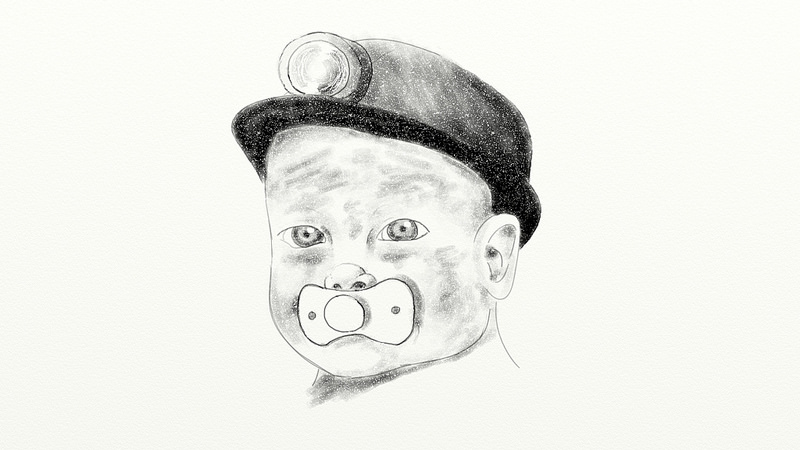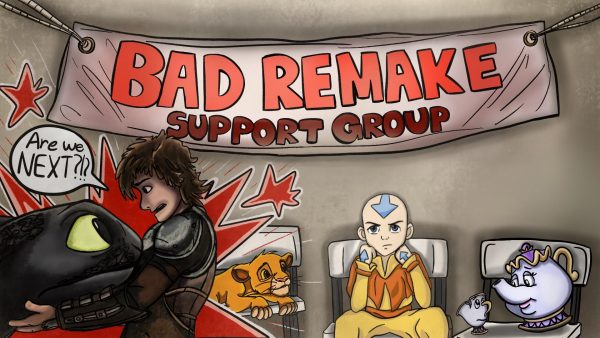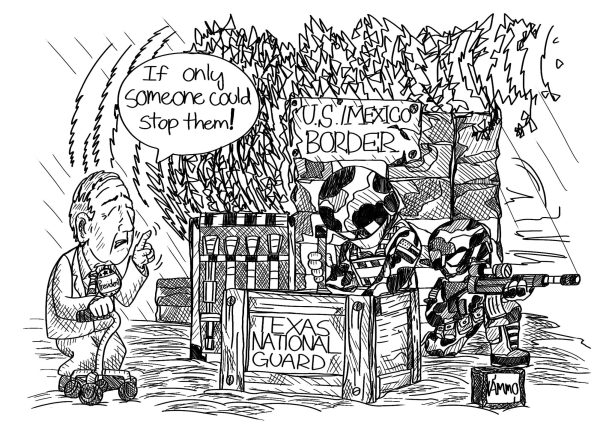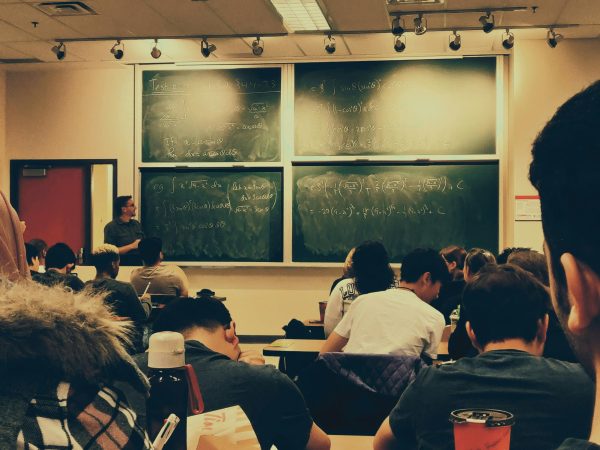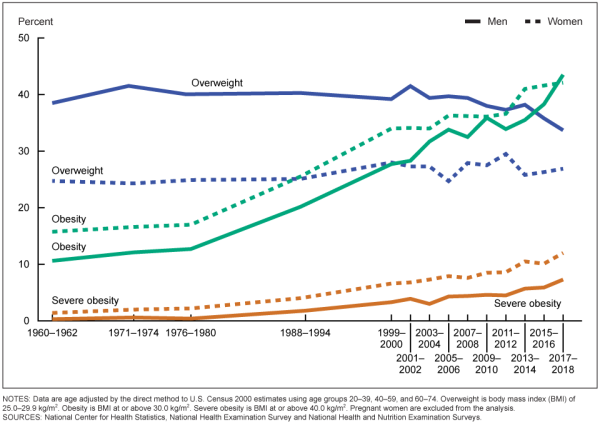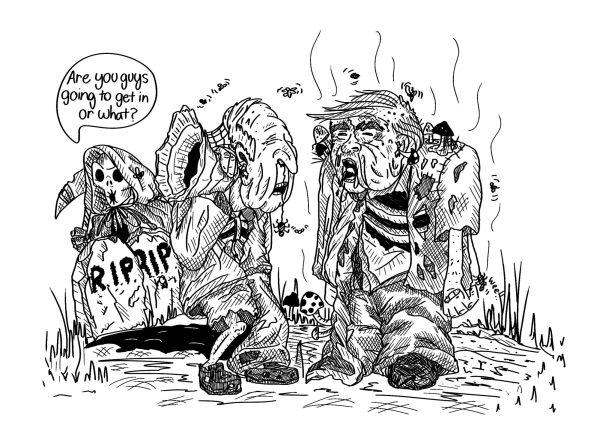Child labor is still prevalent in society
March 3, 2014
Look at the sneakers on your feet, the phone in your hand, the clothes on your back, the food you eat, or even the stuff in your house.
Do you know where you got any of these from? Not the store that you purchased it from, but the country in which they were created? Generally speaking, it probably came from a country with very relaxed labor laws so it can be manufactured cheaply.
These same countries exploit workers, children in particular, forcing them to live in dangerous conditions while sometimes suffering both sexual and physical abuse. Regardless of your opinion of international manufacturing, forced labor, especially child labor, is unacceptable and has to be stopped.
To define it simply, child labor is the exploitation of workers under the age of 18. That typically includes poor living conditions and dangerous work environments.In recent years, the number of child laborers has fallen.
According to an article published in The Huffington Post on Oct. 10, 2013, “The number of child workers across the world now stands at 168 million, a one-third drop since 2000.”
Such a substantial drop in child workers has to be good news, right? Well, yes and no. Yes, there has been a substantial drop, but The Huffington Post continues to report that there are still over 168 million children working and living in inhumane conditions. This still represents 168 million children that are currently in need of help.
China used to be the go to target when someone mentioned child labor, but focus has shifted more recently. That does not mean China has abolished it completely, they are just better at hiding it than before.
An article published in The Guardian in October of 2013 discussed the rising issue behind the Chinese technology boom. Foxconn, a very large electronics manufacturing company, has reported to be displacing students from their homes and forcing them to construct electronic devices as part of an “internship” program. Notable products that are constructed with this labor are the Xbox 360 and Xbox One, the PlayStation 3 and PlayStation 4, the Nintendo Wii and Nintendo Wii U and many Apple products.
An interview with one of these workers revealed that they had to, “present a medical report certified by the city hospital that we were very ill,” otherwise they had to attend this work program. Foxconn themselves even admitted that they had broken the law by making these same students, and even younger school children, work overtime and night shifts. China will not end their child labor until it becomes an economical issue because right now, it is making them too much money.
The new biggest offender of child labor now belongs to Uzbekistan, taking children out of school to pick cotton for months on end. According The CNN Freedom Project, as of February 2013, mothers who refuse to let their child pick cotton will receive a fine equivalent to two weeks pay. Furthermore, students “are also threatened with losing their seats in the classroom.” The people of Uzbekistan, including the children, are taught that cotton is the “white gold and national pride of the country.” Those stuck in the fields are not allowed to document their working conditions in any way or form. This exploitation has reached the attention of foreign leaders and activist groups, but so far very little has been done to actually stop the forced labor.
This very same cotton that is being picked by elementary students may very well be the cotton you have in your clothing right now.
Never assume that just because you bought it for department store prices that it was manufactured ethically or humanely. Millions of children are stuck in an environment that they have no control over. Just because you never hear about it, does not mean it is does not exist.
In order to end this global issue, the first major step to stopping this abuse is to raise awareness of what is actually being done to the apparel or luxuries we buy.
Next time you are in a store, check the tag; you may be surprised what you find out.





































































